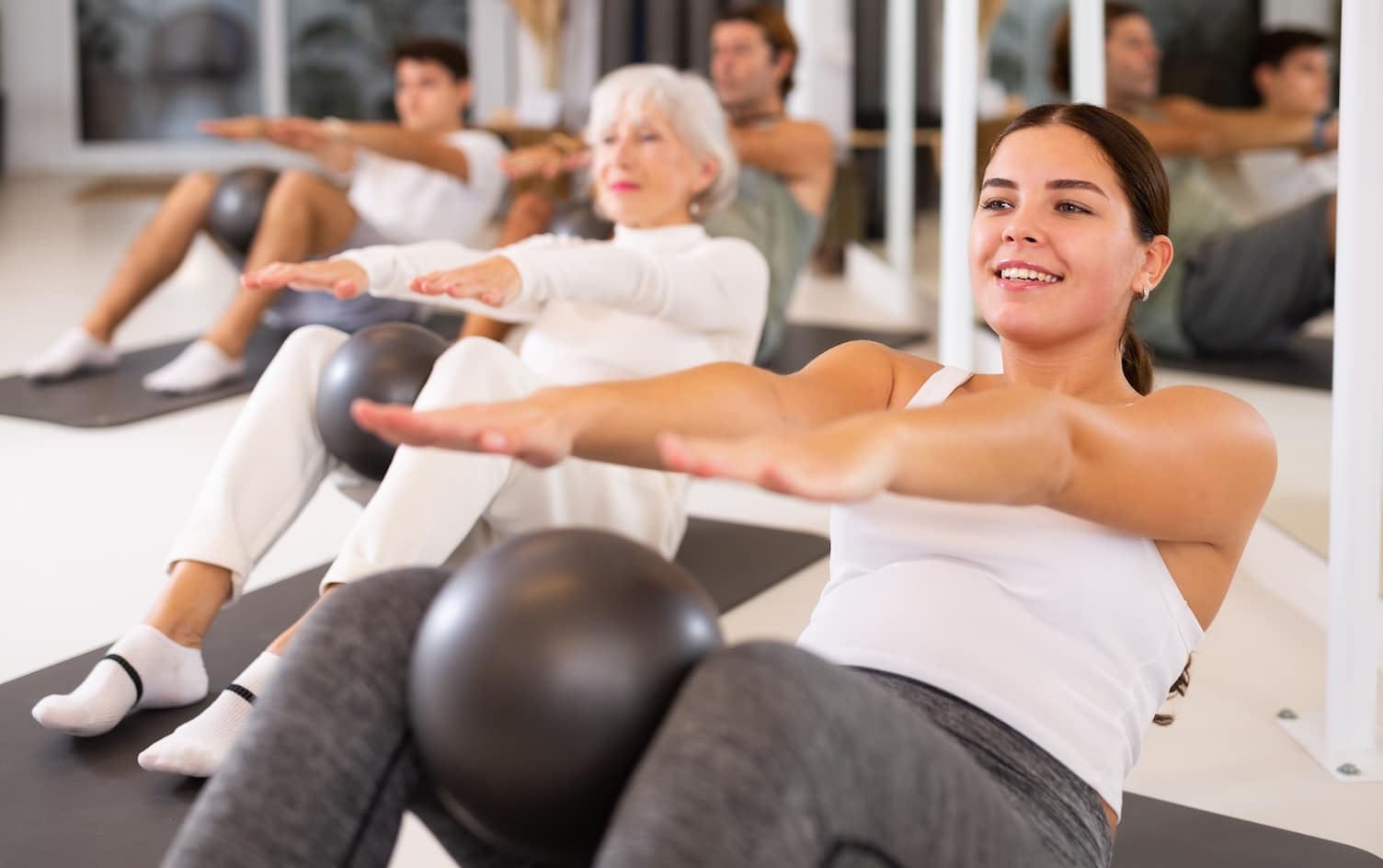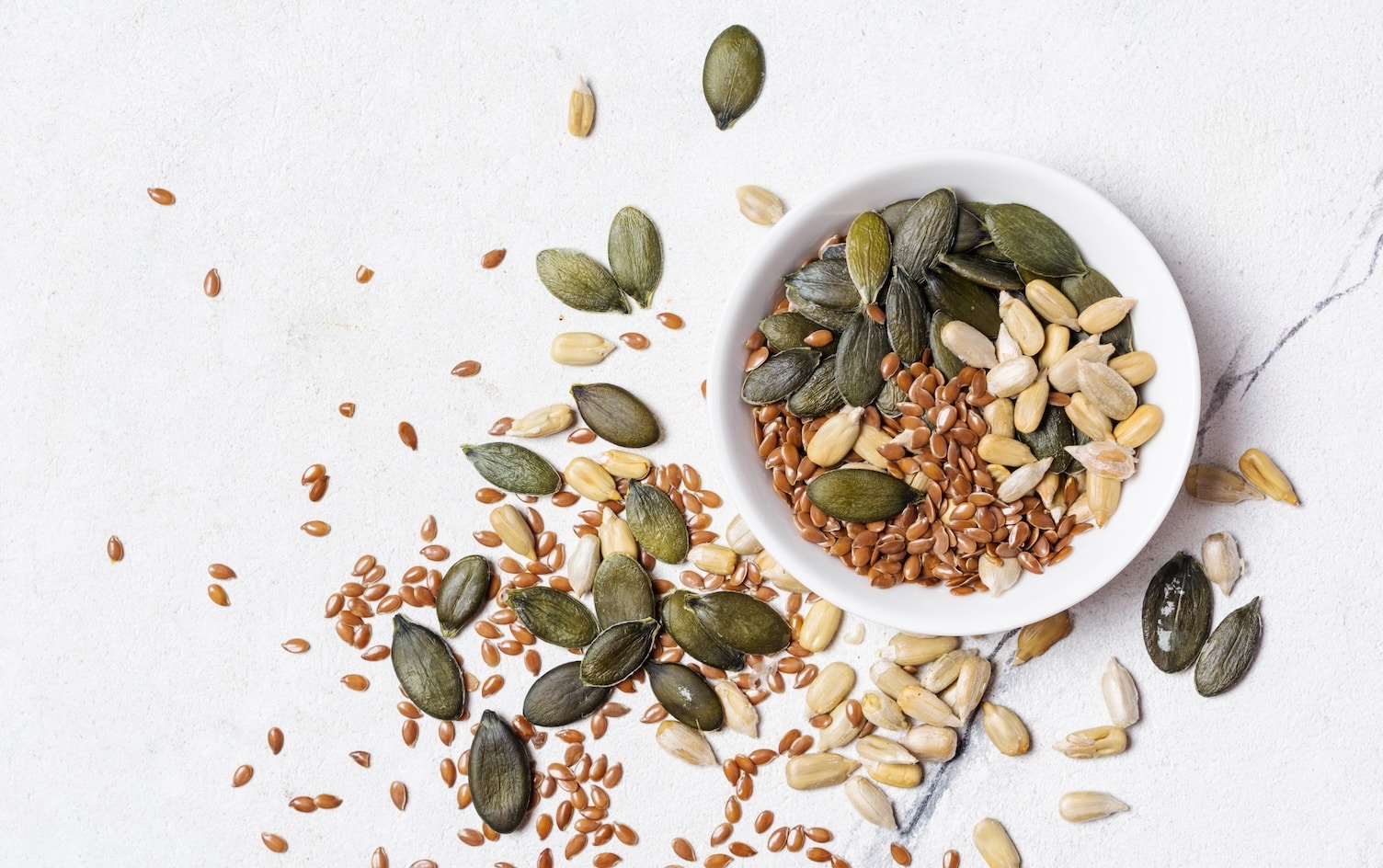Following a tough workout, you expect to be sore. Pushing and pulling heavy weights, going for a long run, or performing high-intensity intervals tests your muscles and stresses your joints, so experiencing a little stiffness the next day or two is normal. But feeling sore right when you wake up, even if you’re not coming off a strenuous workout, is different and can occur for many reasons.
According to Dr. George E. Girgis, a pain-management specialist at the Cleveland Clinic, “When you move, the tissue surrounding your joints secretes a fluid that lubricates your joints, allowing bones to move past one another easily.” Stop moving for long stretches of time — say, during the roughly 7–9 hours you’re asleep — and that immobility can lead to pain, inflammation and stiffness in the morning.
This may be exacerbated by our body’s natural desire to stifle inflammation during sleep. A 2016 study from the University of Manchester found a protein called cryptochrome is tied to our biological clock. It represses inflammatory pathways at night while we sleep, making inflammation symptoms like stiffness feel worse as we wake up and the effect wears off.
This general temporary soreness is common, especially as we age, and it usually goes away after 10–15 minutes of moving around. If you experience pain for longer periods of time, it’s important to diagnose the issue to ensure it’s not something more serious, like the autoimmune disease rheumatoid arthritis or a musculoskeletal injury. Like with most health concerns, when in doubt, see your doctor.
5 TIPS TO REDUCE MORNING SORENESS
It’s difficult to entirely eradicate stiffness upon waking, but fortunately, there are steps you can take to mitigate its effects and feel fresher in the morning.
FIND THE RIGHT PILLOW
Your pillow should match your sleeping style; back sleepers need a different pillow than side or stomach sleepers. But everyone needs a pillow that supports the natural curve of your neck and aligns your head, neck and spine when lying down. This helps you sleep more comfortably, prevents muscle strain and reduces undue soreness the next day. This guide to choosing the right pillow can help.
MOVE MORE THROUGHOUT THE DAY
Yes, exercise can make you sore, but regular exercise keeps your joints lubricated and your muscles strong, which keeps your body feeling better long term. If you can’t make it to the gym (or even if you can), schedule more movement into your day. Those with sedentary jobs should aim to get up from their desks each hour to walk around for a few minutes before sitting back down.
TRY STRESS-RELIEVING MEDITATION OR STRETCHING BEFORE BED
Meditation is a great stress reliever. And stretching feels good any time of day. But going to bed relaxed can help your mind and body stay relaxed as you sleep. Try a simple stretching routine before bed to relax your muscles, or engage in a short meditation to prep your mind for sound sleep. If you’re still stiff in the morning, wake your body up with a series of stretches to start your day, like hip-openers, cat-cows and child’s pose.
EAT MORE ANTI-INFLAMMATORY FOODS
Anti-inflammatory diets are flexible and customizable, so while you may need to reduce certain foods, you’ll never have a shortage of delicious things to eat. Load up on berries, vegetables, avocados, fatty fish, hot peppers and nuts, and reduce your consumption of processed meats, refined carbs and sugar. You can still enjoy treats like dark chocolate and wine in moderation. Not only do they taste good, but they’re packed with inflammation-fighting properties.
GET MORE VITAMIN D
Vitamin D — or a lack thereof — is associated with everything from immunity to brain function, but vitamin D’s impact on bone and muscle health can impact your mornings. Increase your levels by getting 10–15 minutes of sunlight each day, eating foods like fatty fish, fortified dairy and egg yolks, or taking a supplement.
Originally published January 2021
Ready to take the next step? Unlock MyFitnessPal Premium to access custom goal settings, quick-log recipes, and guided plans from a registered dietitian. Premium users are 65% more likely to reach their weight loss goals!




